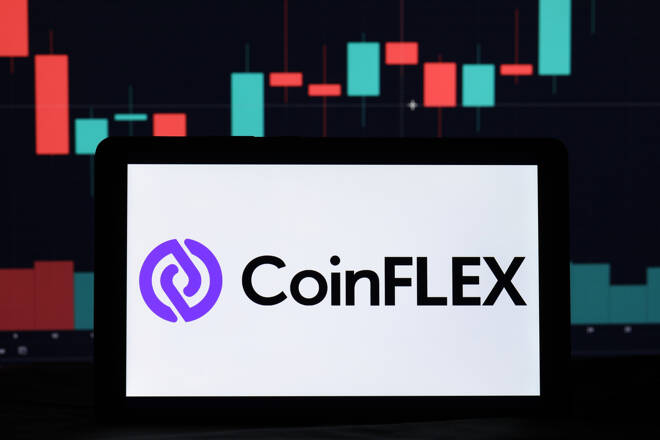Recovery Strategy
As announced by co-founders Sudhu Arumugam and Lamb, the company has officially entered arbitration in Hong Kong. As is the case with all contract-based binding dispute resolutions, parties during the arbitration process will have their dispute heard and decided upon by an arbitrator and not a judge in a court of law.
Importantly, arbitration is not the same as mediation or conciliation and is instead referred to as a form of alternative dispute resolution.
CoinFLEX has said that it expects a verdict in the arbitration case to take up to 12 months and both Arumugam and Lamb have expressed optimism that the case could result in a substantial recuperation. Arumugam stated:
“The individual is personally liable to pay the total amount so our lawyers are very confident that we can enforce the award against him”.
Although the company has not explicitly referred to Ver by name, Lamb stated outright on Twitter that the long-time Bitcoin (BTC) advocate failed to honour his contract and provide the liquidity necessary to meet a margin call, leading to his account entering negative equity.
While the company previously claimed that the deficit stemming from Ver’s losses amounted to $47 million, this first estimate did not include the significant loss in liquidating Ver’s FLEX coin positions.
Their reasoning for this is that once CoinFLEX liquidated Ver’s massive positions, the company’s native token FLEX saw its losses nearly double. FLEX crashed around 66% on June 23 following the withdrawal freeze announcement. This means that not only did Ver’s alleged default spark a platform-wide withdrawal freeze, FLEX positions were also sold off to cover the loss.
Ver has since denied the allegations, claiming instead that CoinFLEX owes him money.
